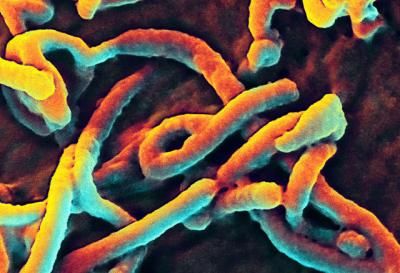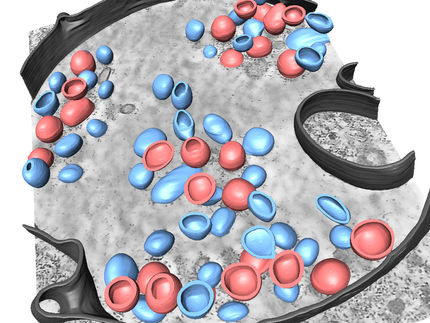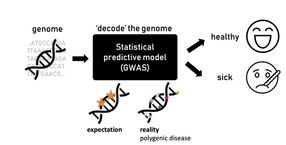Ebola outbreak: EMA to review experimental medicines to support treatment decisions
The European Medicines Agency (EMA) has started to review available information on Ebola treatments currently under development. The goal is to provide an overview of the current state of knowledge about the various experimental medicines to support decision-making by health authorities.
At the moment, there are no approved medicines to protect from or treat Ebola. Medicines against this disease are still at an early stage of development. Some experimental treatments against Ebola have reportedly shown encouraging results in the laboratory or in animals, but they have not yet been fully studied in people.
“Health authorities or practitioners who need to take a decision whether or not to use an experimental Ebola treatment in a patient are currently lacking independent information,” explains Professor Guido Rasi, EMA Executive Director. “I have therefore asked the EMA Committee for Medicinal Products for Human Use, CHMP, to scrutinize all the available information about experimental treatments and compile everything we know to date about their efficacy, safety and quality. This will facilitate evidence-based decision-making.”
In the largest and most complex outbreak to date, over 5,300 cases have been reported and more than 2,600 people have died. The current outbreak represents the widest geographical spread of the disease ever reported. Over recent weeks infection rates appear to have gathered speed, leading to an almost exponential increase in the number of cases.
The Agency has established a group of European experts who have specialised knowledge in vaccines, infectious diseases and clinical trial design to contribute to the global response against Ebola. The group has proactively contacted developers of potential treatments for use in patients over the recent weeks.
The decision by the Agency’s Executive Director to ask the CHMP to perform a formal review of the available scientific information means that companies are invited to send all available quality, preclinical and clinical data about their treatments under development to the EMA for a review.
The companies identified so far include:
- Biocryst, a US-based company developing BCX 4430
- Fab’entech, from France, developing Hyperimmune horse sera
- MAPP Biologicals, a US-based company developing ZMAPP
- Sarepta, a US company developing Sarepta AVI-7537
- Toyama Chemicals, Fujifilm Group, based in Japan and MediVector Inc, based in the US, who are jointly developing Favipiravir
- Tekmira, a Canadian company developing TKM-Ebola
Companies that are not included in the list above but are also developing Ebola treatments are encouraged to contact the EMA.
The review will focus on medicines under development that are used to treat people infected with the virus. Vaccines to protect people against contracting the disease and blood therapies involving the blood of survivors of Ebola infection are excluded from this review.
Ebola crisis prompts unprecedented level of cooperation between regulators
The review of experimental Ebola treatments is part of the EMA’s overall contribution to the global response to the Ebola outbreak in West Africa. The scale and complexity of this outbreak requires an unprecedented level of cooperation of the international health community. The Agency is working together with regulatory authorities around the world to support the World Health Organization and to advise on possible pathways for the development, evaluation and approval of medicines to fight Ebola.
The EMA and 14 other international regulatory authorities have recently formed the International Coalition of Medicines Regulatory Authorities (ICMRA). At their meeting in Rio de Janeiro in August 2014, the members of the coalition pledged to join their expertise to identify and define regulatory solutions for issues such as appropriate design of clinical trials, emergency access to treatments, manufacturing challenges or systematic collection of safety and efficacy data when experimental treatments are used in individual patients.
The aim of the cooperation between international regulators is to accelerate development and access to experimental treatments for patients in need during the current outbreak. It will also help to provide health authorities in countries affected by Ebola with safe and effective medicines at their disposal to save lives and respond effectively to future outbreaks.
























































